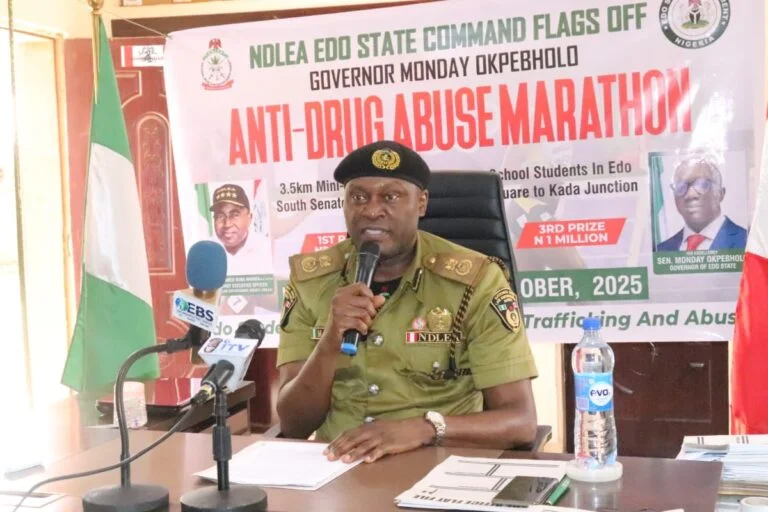The Federal Government has announced ambitious plans to forge a sustainable path towards self-reliance in financing essential health services, prompted by recent reductions in international donor funding.
The announcement was made during a national workshop on HIV/AIDS, Tuberculosis, and Malaria held in Abuja on Monday.
Coordinating Minister of Health and Social Welfare, Prof. Muhammad Pate, emphasized the urgent need to strengthen local health institutions and transition towards country-led health systems.
He acknowledged Nigeria’s long-standing reliance on external partners for financial support, commodities, equipment, and technical expertise over the past two decades.
“However, the changing funding landscape highlights the need for country-led systems and full program ownership to ensure long-term impact,” Pate stated.
Pate urged state governors to allocate increased revenue from fiscal improvements to funding essential commodities and programmatic costs. He also highlighted the importance of improved governance and coordination through sector-wide approaches.
The National Health Insurance Authority (NHIA) is actively working to improve payment systems and expand the Vulnerable Group Fund under the Basic Health Care Provision Fund (BHCPF).
Pilot programs supported by the Global Fund may pave the way for more affordable insurance models for HIV, TB, and malaria if proven viable.
While acknowledging a short-term buffer provided by the U.S. government’s commodity supply over the next three to six months, Pate emphasized the commitment to stepping up procurement and eventually manufacturing these items domestically.
Dr. Temitope Ilori, Director-General of the National Agency for the Control of AIDS (NACA), highlighted that the workshop was convened in direct response to the evolving global funding landscape.
“We want to take ownership of the national response to TB, Malaria, HIV, and related programmes like maternal and child health,” Ilori stated. This includes leveraging existing government structures and facilitating domestic resourcing to ensure inclusivity.
The workshop aims to co-create solutions, evaluate policies, and ensure Nigeria takes the lead in its health agenda. A technical working group will identify immediate funding gaps and draft intermediate and long-term sustainability plans to reduce dependence on external aid.
“While we appreciate decades of donor support, we must increasingly take responsibility for the health of our people,” Pate concluded, underscoring the government’s commitment to a responsive and responsible approach to healthcare financing.

